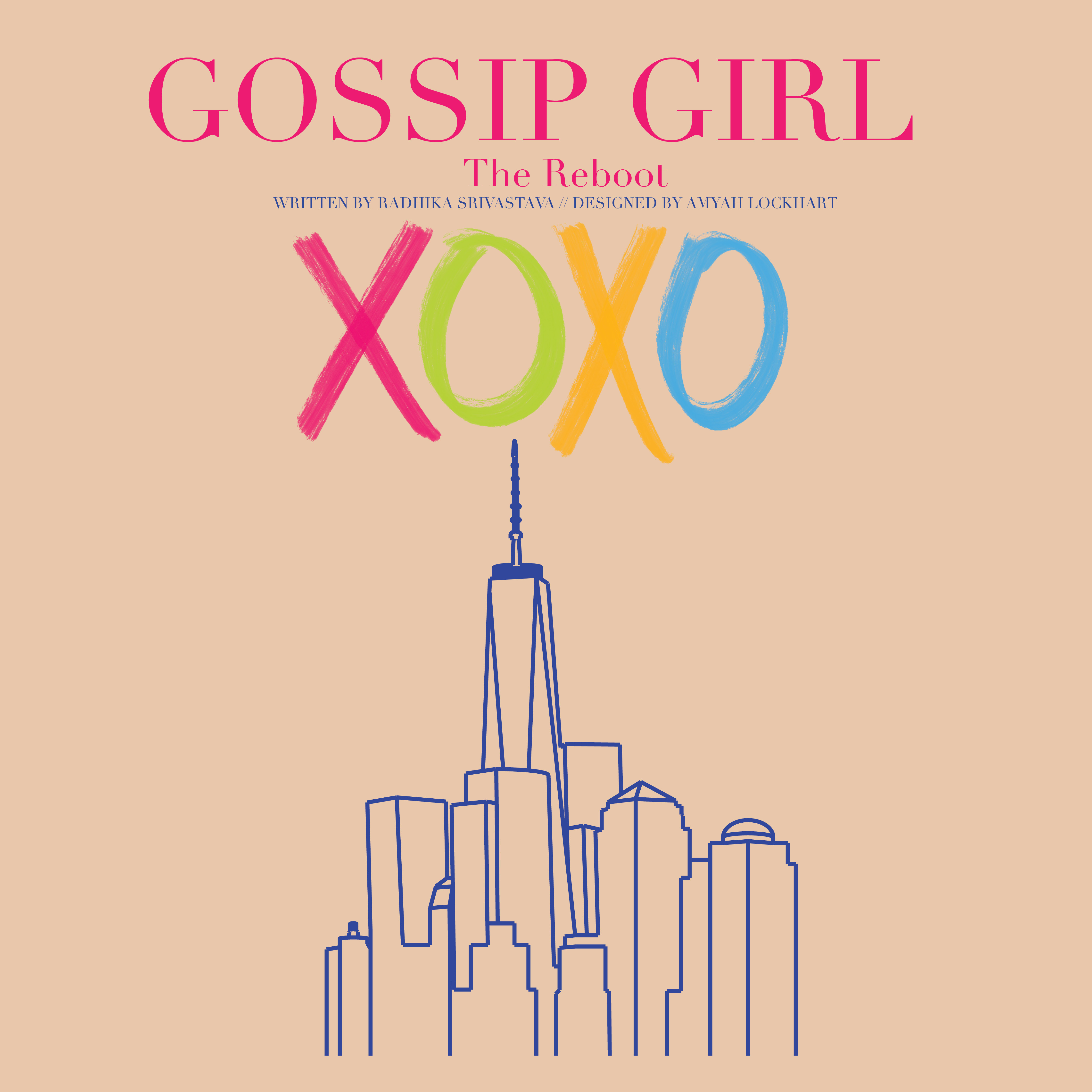
This July, the hit classic “Gossip Girl” made a comeback with a reboot. Although the reboot has a new cast, plot, and themes, the creators and writers of the original are still running the show. This time around, the main focus of the creators is to rewrite some of their past decisions in which they received a lot of backlash. One of the original writers and producers of the show, Joshua Safran, tweeted about how one of their goals is to communicate a more sex-positive message throughout the new version of the show.
“Part of the DNA of the show is that it’s engaging in public conversations and things that are going on in the real world,” said executive producer Stephanie Savage, also one of the original creators. She added that they want this version to reflect what has been happening recently in society today. The topics that used to be too “taboo” to cover are now going to be included in the series.
Sex-positivity and queer content are newer themes that television shows have yet to normalize. Incorporating characters from different ethnicities and socio-economic statuses in a variety of power dynamic positions, “Gossip Girl 2.0” (GG2), is showing the world that sex positivity and queerness should not be avoided content nor bound to stereotypes. Most of the original television shows stuck to casting most minorities into stereotypical roles. The newer version has given people of diverse backgrounds and sexualities an opportunity to portray characters that more-so resemble society today.
No race nor gender nor sexuality should be type casted within roles of less power. Even through telling stories of struggles that many face in reality, GG2 is embracing and recognizing diversity in all parts of humanity, regardless of how much money you make or the way you dress.
To implement these changes, GG2 has tried to use tropes of the original characters from the hit show and put a more relevant spin on them. The new cast has completely new characters with new names, but similarities to previous characters are evident to audience members. Writers and creators decided to make the “new Chuck” idenitfy as pansexual. Safran, the origianl writer and producer, identifies as a queer man and noted that, “the way I relate to that has changed over time.” Part of the creators’ vision is for viewers to evolve and see television reflecting what queer means today, and not what it meant 10 years ago. More importantly, the show encourages viewers to be more open and challenge their own preconceived notions of sexuality and what these notions might mean.
Although ratings for the first half of the season have not skyrocketed nearly as close to the rating of the original, time will tell the true impact of GG2. The second half of the show is set to come out this November on HBO-Max. Even if GG2 does not achieve immense success, its willingness to be open and honest with everyone’s individual journeys in exploring their sexualities in this day and age will hopefully create noise for more conversations to come. GG2 serves as a reminder to the media that diverse topics must and should be included in order to create the content that accurately represents society today.